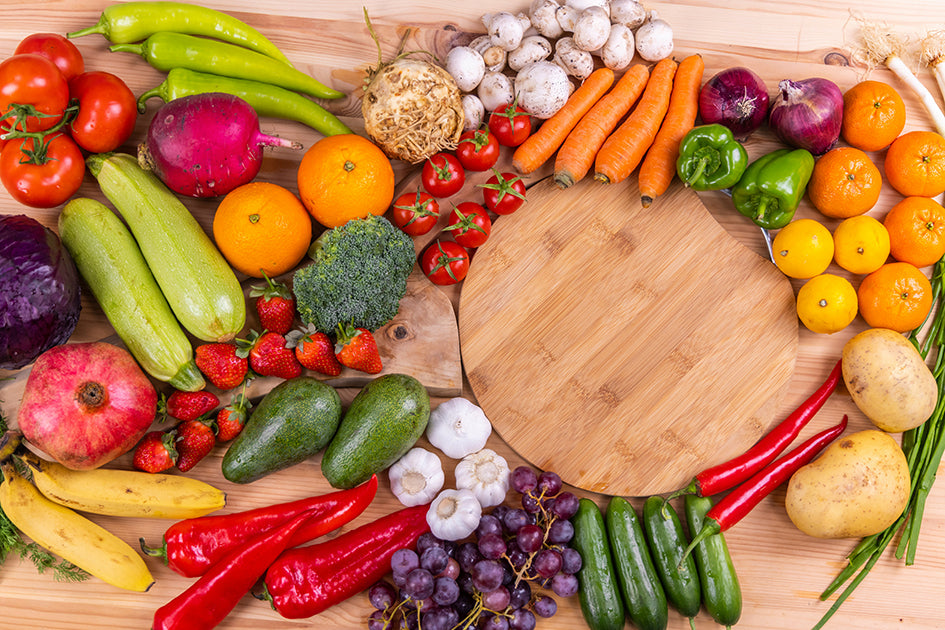Your Cart is Empty
The more health-conscious we become as a culture, the more we realize how much what we eat matters. The fact is people can still get sick even when they do everything right.
You can mitigate your risk of deadly forms of cancer by being proactive about your health, though.
For most, that means eating right and getting regular exercise. Consider some foods proven to help fight cancer.







